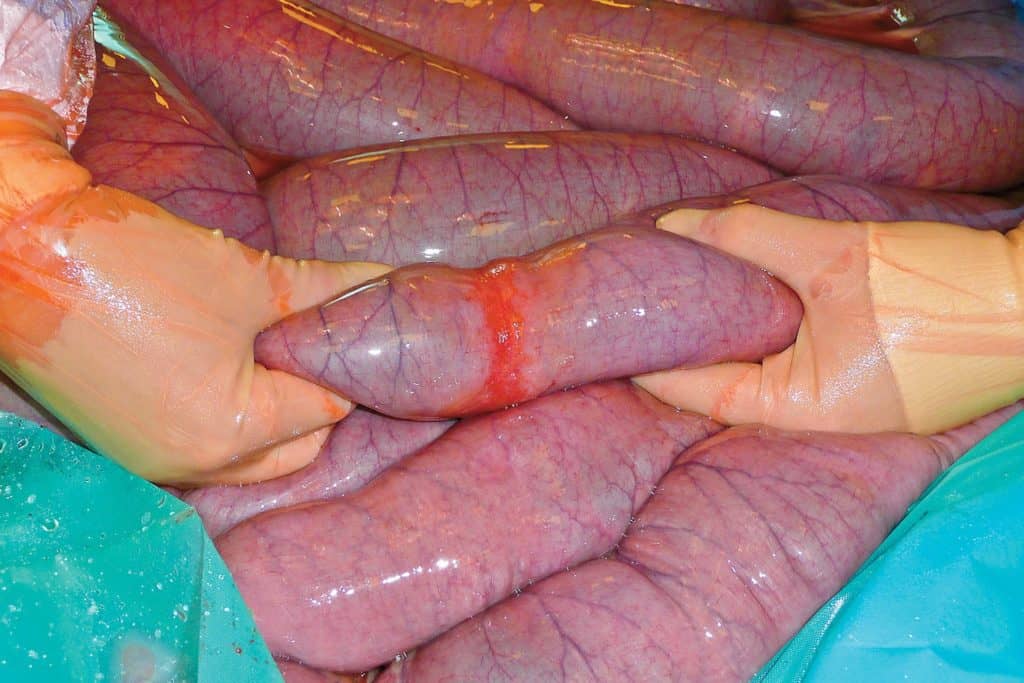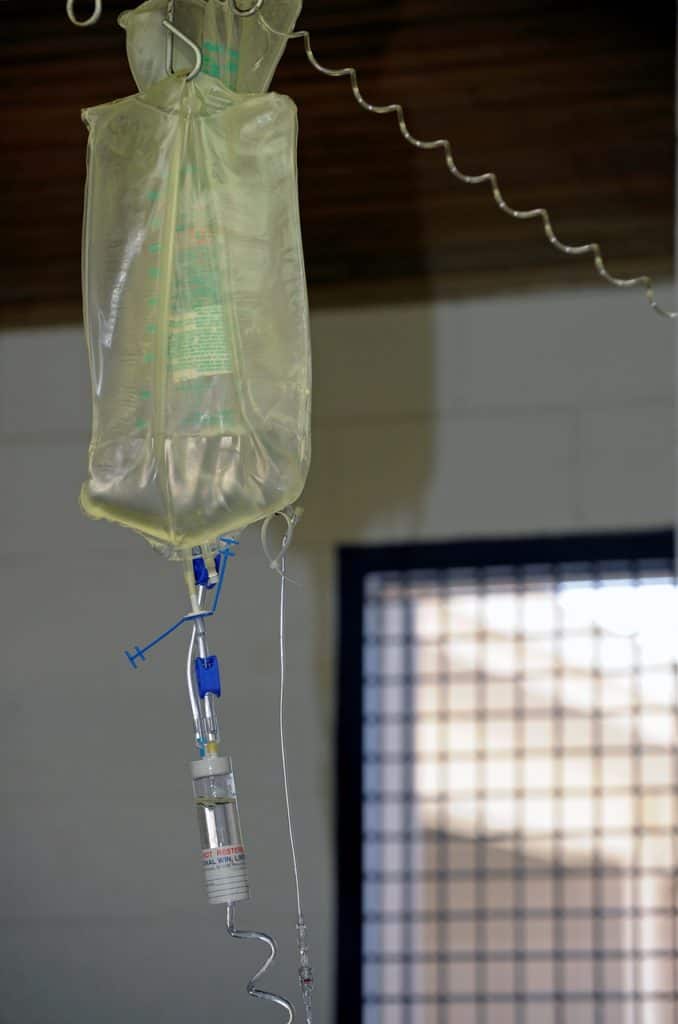
Leading Causes of Death in Aged Horses in Kentucky Examined
Digestive system and cardiovascular system problems were the most common causes of death in the study population.

Digestive system and cardiovascular system problems were the most common causes of death in the study population.

Many respondents said they’d have to consider the possible outcomes before sending a horse to colic surgery.

An owner with a colicky horse is worried that grain could be the culprit and wants to know how much to feed.

Watch for these conditions that impact nutrient absorption and lead to weight loss in horses.

With cold weather comes complicating factors that could increase horses’ colic risk.

Learn more about this challenging inflammatory condition that affects the horse’s intestines.

Your horse is wounded, bleeding, or critically ill: What should you do? Get advice from our expert!

Understand the costs of veterinary care before you’re faced with a sick or injured horse.

Janet Johnston, DVM, Dipl. ACVIM, ACVS, shares 10 tips to keep horses comfy and safe in the summer heat.

From feeding to vaccines and colic to lameness, here are some basic resources to get the new horse owner started.

Long-distance transport poses risks for horse health and welfare that should not be taken lightly, researchers found.

The event is designed to teach owners how nutrition can affect their horses’ health and longevity.

None of the 26 study horses suffered nephrosplenic entrapment recurrence following surgery.

Researchers found that many horses recovering from colic surgery probably don’t require as much water as once thought.

Survival rates were high, and a surgical procedure could help prevent recurrence of this type of colic.

Epiploic foramen entrapments and gastrosplenic ligament entrapments are similar, but have some key differences.
Stay on top of the most recent Horse Health news with
"*" indicates required fields